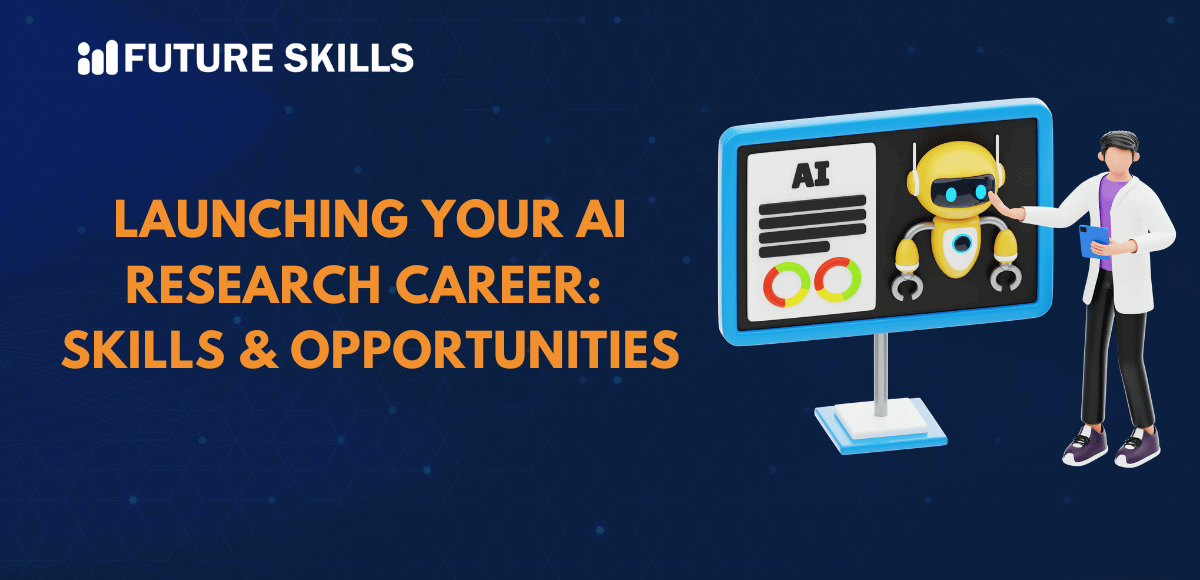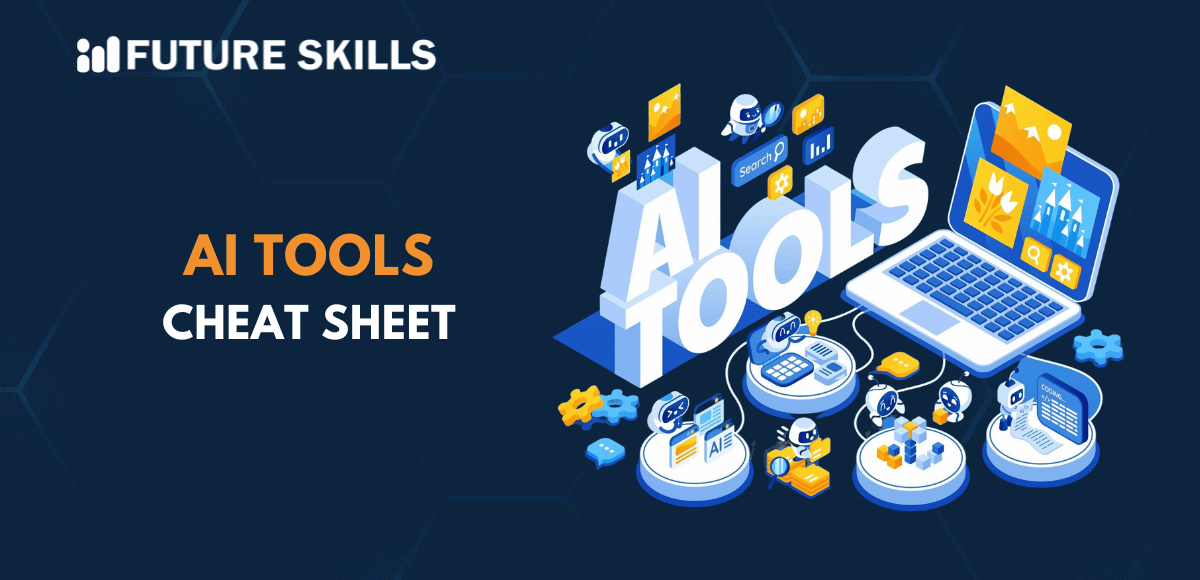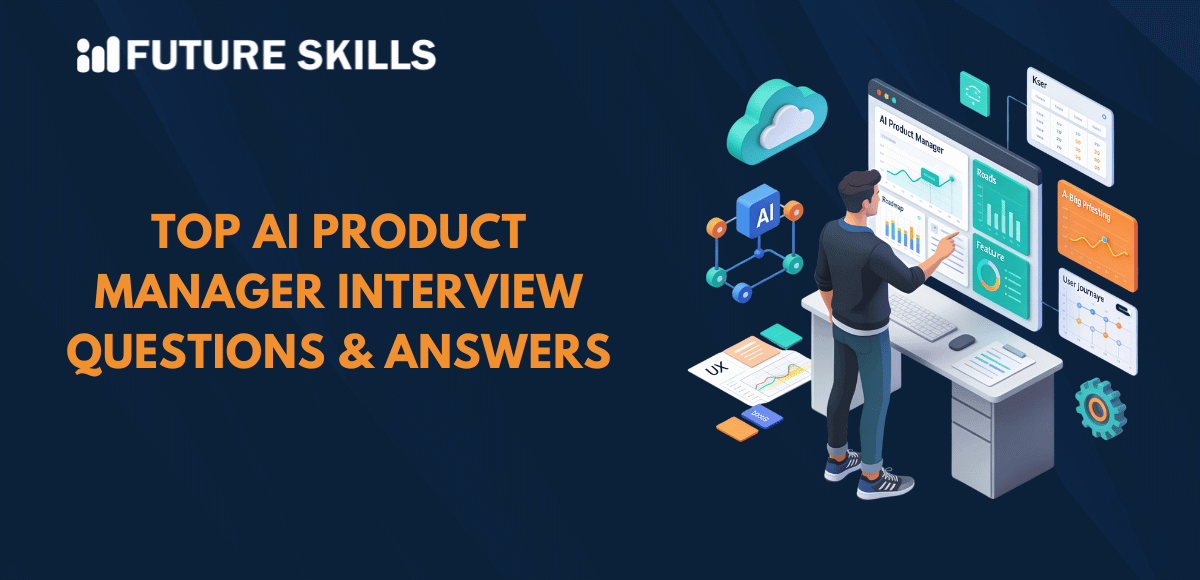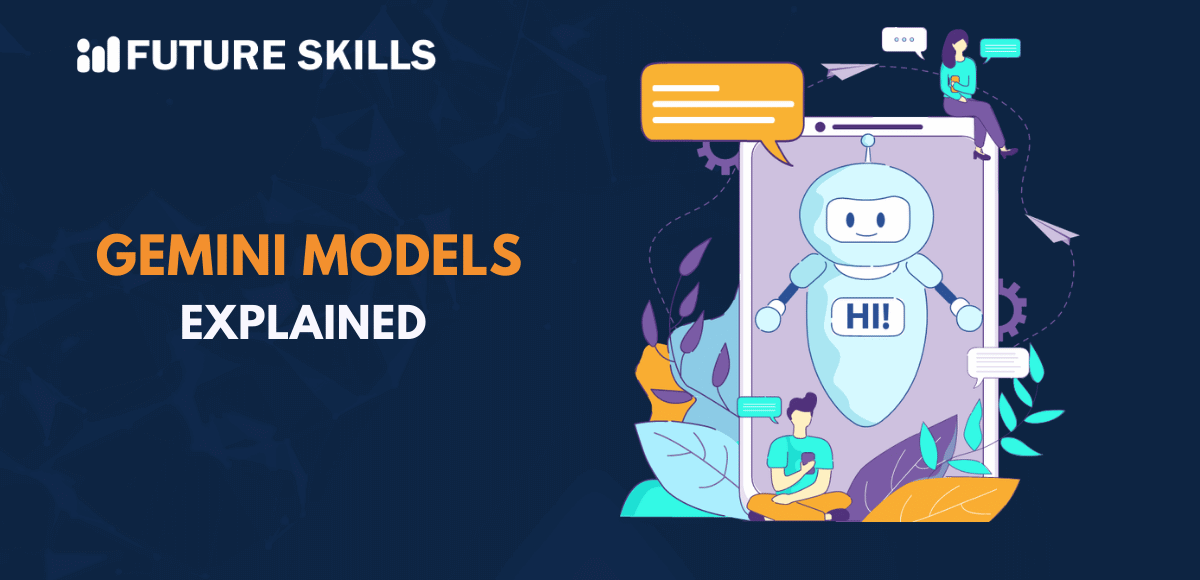AI researchers play a major role in crafting the future of artificial intelligence by designing innovative technological advancements. Artificial intelligence has been transforming industries with prominent use cases in healthcare, education, entertainment, art, and finance. AI researchers or research scientists are the most important resources in tech as they foster new advancements and expand the domain of artificial intelligence.
The growing demand for a career in AI research depends largely on the need for advanced AI applications. An AI researcher collects data and extracts valuable insights from the data to expand the capabilities of AI solutions. Let us find out a strategic roadmap to become an AI researcher with a clear understanding of responsibilities.
Take the first step to becoming an AI professional with our Certified AI Professional (CAIP)™ Course. Enroll today!
Unraveling the Reasons to Become AI Researchers
The first thing on your mind right now must be the reason to choose AI research as a career option when you can pick other roles. AI researchers can determine the future of artificial intelligence with the help of insights on performance of existing algorithms and models. The work of AI researchers involves studying the existing algorithms and measuring their effectiveness to come up with suggestions on potential improvements. Organizations all over the world have been actively investing in AI research and development, thereby opening a lot of prospects for AI researchers.
People with a knack for curiosity can acquire the most essential AI researcher skills and stand out in important positions. One of the most valuable reasons to pursue AI researcher jobs is the opportunity to invest in innovation and discovery. AI researchers work on comprehensive theoretical exploration to discover insights that can help them enhance algorithms and build the future of AI.
Another promising reason to become an AI researcher is the lucrative salary. The average annual salary of AI researchers is almost $115,000 while top earners get around $154,000. It is also important to note that the salary of AI researchers depends on many factors, including experience and location. The educational qualifications of AI researchers such as advanced degrees or special certifications can enhance their earning potential.
Learn the Responsibilities of AI Researchers
Anyone aspiring to become an AI researcher must know about their responsibilities on the job. The most interesting thing about AI research is that it empowers you to pursue different roles. You can build a career in AI as machine learning engineers, computer vision research scientist or data scientists with skills for AI research. As the name implies, the responsibility of AI researchers focuses on conducting research and development in AI. An AI researcher works on introducing advancements in AI systems through research and implementation of innovative algorithms.
The responsibilities of AI researchers emphasize research and algorithm enhancement. AI researchers also publish their findings in research papers and collaborate with other experts to take AI research one step ahead. AI researchers have to review new and existing algorithms alongside techniques and methodologies used in AI systems. The insights gained from their assessment can help them find solutions to improve the capabilities of AI systems.
AI researchers also design and create machine learning algorithms and deep learning models alongside new techniques to solve AI challenges. For instance, AI researchers working in financial services can design algorithms for real-time analysis of market data to extract insights for trading strategies. Another common responsibility of AI researchers is publishing their findings in research papers. AI researchers can publish their research papers in top AI journals and conferences.
The most interesting aspect of the responsibilities of AI researchers is collaboration. As an AI researcher, you can collaborate with other experts such as data scientists, developers and AI engineers. Collaboration with multidisciplinary teams is an essential requirement for applying AI techniques to solve real-world problems with practical solutions. The advantages of collaboration help researchers in crafting personalized solutions tailored to the specific needs of users.
Understand the ethics, principles, and challenges of AI with our unique Ethics of AI Course and enhance your AI expertise.
Roadmap to Become AI Researchers
The journey to become an AI researcher involves a lot of milestones that you must cover to enhance your expertise. Some of the essential skills required for AI researcher jobs include programming, machine learning, mathematics and statistics, deep learning and big data technologies. In addition, you must have an academic background in computer science, mathematics, or information technology. Aspiring AI researchers will also need proficiency in algorithms, calculus, data structures, and linear algebra. The following steps can help you become an AI researcher from scratch with a strategic roadmap.
-
Hone Your Understanding of the Fundamentals
The answers to “How do I become an AI researcher?” will start with recommendations for learning the fundamental skills. You can choose online courses or rely on experienced mentors to learn about machine learning and artificial intelligence fundamentals. It is also important to acquire lessons on the basic concepts of how algorithms work. You must also learn about data structures, data analysis, and pattern recognition.
As you build your fundamental skills, it is also important to pay attention to other skills such as programming. You can pursue professional training courses in Python programming on Java as they are the most popular languages for AI. As a matter of fact, Python offers a collection of machine learning libraries that you can use for various applications. An aspiring AI researcher must also know the fundamental concepts of research methodologies. You must know how to create problem statements, come up with hypothesis and conduct literature review for research.
-
Build Your Foundation in Advanced Concepts
The next step in the process to become an AI researcher involves learning about the advanced AI concepts. You can explore advanced AI research opportunities only by learning concepts like deep learning and natural language processing. Deep learning is an essential tool for creating AI systems with capabilities for image and speech recognition or for autonomous vehicles. Expertise in NLP can also help in empowering computers to interact in natural human language.
Aspiring AI researchers must also learn about neural networks and their architecture to identify the best ways to incorporate them in AI systems. You should also pay attention to the concepts of linear algebra and statistics that offer the mathematical foundation for different AI tasks. Another important technique that AI researchers must learn for career growth is optimization. AI researchers should have the skills to train machine learning models for custom applications and refine them by fine-tuning parameters.
-
Acquire Hands-on Experience
The roadmap to become AI researcher also involves acquiring hands-on expertise in real-world projects and internships. Hands-on expertise in real projects can provide the ideal solution to hone your practical expertise. Practical work experience helps you learn about the challenges in the job of an AI researcher and their solution.
You can look for individual assignments or internships to acquire practical experience. On top of it, you can seek opportunities to collaborate with other professionals on real-world AI projects. The hands-on experience in different projects can help you enhance your professional portfolio. You can learn about machine learning algorithms and frameworks in practice to improve technical proficiency.
-
Achieve AI Certifications
The ideal resource recommended for professional development in any field is a certification. You can build a career in AI with a trusted certification in your portfolio. It is important to choose accredited AI certification programs to learn essential AI skills and earn hands-on expertise. Accredited certification programs offer in-depth training in AI technologies and help you dive deeper into complex concepts.
AI certifications offer a promising resource to acquire specialized skills for AI research. You can learn about advanced concepts in accredited certification programs alongside showing your commitment to AI research. Upon completing an AI certification program, you can find the best opportunities to become professional AI researchers.
-
Explore the Benefits of Professional Networking
Many candidates assume that professional training and a certification in their resume can help them find AI researcher jobs. It is also important to pay attention to professional networking as it helps you reach more employers and potential collaborators. Make sure that you include all your professional experience credentials, certifications and course completion credentials in your portfolio. Participate in communities and forums where you can contribute opinions and showcase your expertise. Once a few professionals know that you have the skills to become an AI researcher, you can land up with the best job prospects.
Boost your productivity, creativity, and overall performance with this ChatGPT Certification Course and harness the full potential of ChatGPT.
Final Thoughts
The pursuit of a career in AI research can be a challenging task for beginners. You can switch your career to AI from any field and become an AI researcher from scratch with the right training and skills. AI researchers are responsible for paving the path to the future of artificial intelligence with innovative advancements. AI researchers need skills in machine learning, deep learning, neural networks and statistics along with other concepts like data structures and big data technologies. You can become an AI researcher with skills learned from professional training courses and prove your expertise with accredited certifications. Find the best resources to acquire the skills required to become an AI researcher now.







